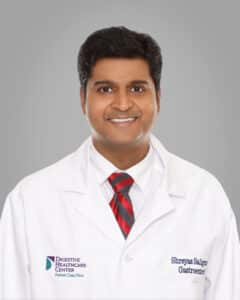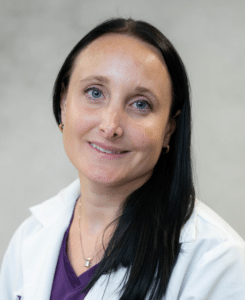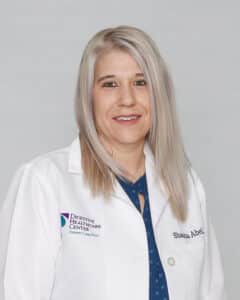Constipation, Diarrhea and Bloody Stool
Constipation, diarrhea, and bloody stool are all common symptoms for an array of gastrointestinal conditions, including:
- Anal fissures
- Celiac disease
- Colon cancer
- Gastroenteritis
- Inflammatory bowel diseases such as Crohn’s disease and ulcerative colitis
It should be noted that these could also be symptoms of other conditions not related to the digestive system, such as hormonal imbalances or antibiotics.
What is Constipation?
Constipation is a term used to describe a change in bowel habits where patients find it difficult to pass stool, may notice a frequent need to strain, or have the sensation that bowels are not empty. Constipation is a common problem that can either occur suddenly or chronically. If diagnosed as chronic, treatment for this condition becomes dependent upon treating the underlying cause.
If it’s sudden, conditions that may cause constipation include:
- A blockage in the colon or rectum (e.g., a narrowing of the colon)
- Complications with the muscles that participate in stool elimination, including the inability to relax the muscles
- Nerve dysfunction around the colon as a result of conditions, including stroke and multiple sclerosis
- Taking certain medications
How is Constipation Treated?
If making adjustments to diet and lifestyle have failed to relieve constipation, a physician may recommend the following treatments:
- Exercise
- Increasing fiber intake/fiber supplements
- Laxatives, such as:
- Osmotics
- Lubricants
- Stimulants
- Stool softeners
- Paying attention to bowel movement urges to identify patterns that can lead to the underlying cause
- Prescribed medications that draw water into the intestines
- Medications in clinical trials
- Surgery (only an option in the case of anal fissures, rectocele or anal strictures)
- Training pelvic muscles to relax and tighten properly (known as biofeedback training)
Diarrhea
What is Diarrhea?
Diarrhea is a condition in which loose and watery stools happen frequently and may be accompanied by abdominal cramps. Diarrhea that occurs suddenly (acute) may be the result of the following conditions:
- Antacids with magnesium
- Antibiotics
- Bacterial, viral or parasitic infection
- Food intolerances
- Fructose intolerance
- Irritable bowel syndrome (IBS)
- Lactose intolerance
- Medications for conditions like high blood pressure or cancer
Chronic diarrhea is defined as loose, watery stool that lingers for a period exceeding approximately three weeks and may be a sign of a more serious problem, such as a malabsorption disorder, inflammatory bowel disease, or chronic infection.
How is Diarrhea Treated?
In most cases, the goal of treatment is to simply stop the diarrhea. In other cases, the underlying cause needs to be determined and managed prior to treatment.
Treatments may include:
- Adjusting current medications
- Taking antibiotics to treat bacterial or parasitic infections
- Fluid and mineral replenishment by mouth or intravenously (IV)
Bloody Stool
What is Bloody Stool?
Bloody stool is generally an indication that there is a bleed somewhere within the digestive tract (anywhere between the mouth and the rectum). Bleeding can be found after using the bathroom or during what is known as a fecal occult test (a test used to determine the presence of microscopic or invisible blood in feces).
The blood in the stool may vary in color. The color of the stool is typically an indication of where the bleed is occurring: the further up the digestive tract the bleed is, the darker and more vicious the excreted blood becomes.
Bloody stool can be attributed to conditions, such as:
- Anal fissures
- Colitis
- Conditions of the esophagus
- Diverticulitis
- Inflammation anywhere in the gastrointestinal tract
- Peptic ulcers
- Polyps
How is Bloody Stool Treated?
In order to effectively treat bloody stool, the cause of the bleed must first be treated. To stop acute bleeding, an endoscopy may be performed to find the source of the bleed. Treatments may include:
- An injection of chemicals at the bleeding site
- Application of a band/clip to stop the bleed
- Laser treatment of the site
- Performing an angiography to inject medicines into the blood vessels that control the bleeding
Once the bleeding has stopped, a physician may recommend:
- Acid-suppressing medications
- Anti-inflammatory medications
- Antibiotics to treat infections
- Eating a high-fiber diet
- Surgery to remove a portion of the colon (if it has been damaged by inflammatory bowel disease or cancer)
Meet Our Providers
Our Gastroenterology Centers in NJ
Hillsborough, NJ
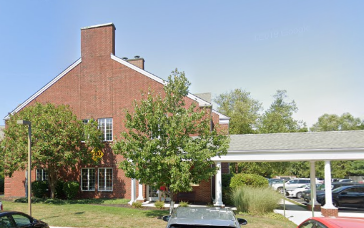
511 Courtyard Drive Bldg. 500
Hillsborough, NJ 08844
Somerville, NJ
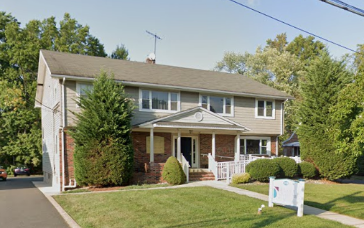
Warren, NJ
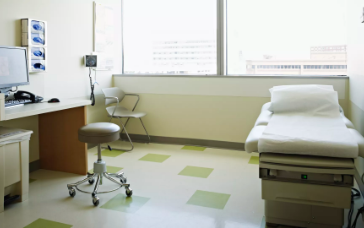
31 Mountain Boulevard Suite H
Warren, NJ 07059
Recent Blogs
Learn more about all things digestive health and wellness by checking out our recent gastroenterology blogs.
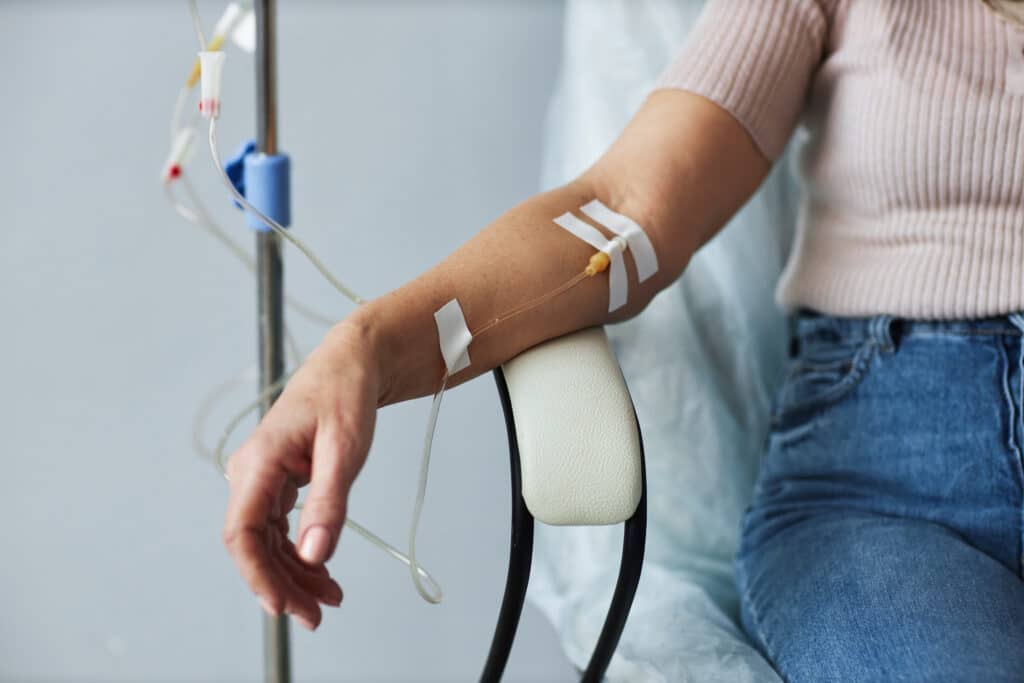
Infusion therapy has become a vital treatment option for individuals with Crohn’s disease, offering relief when traditional medications may fall short. This method delivers medication directly into the bloodstream, providing quicker and more targeted effects to help manage inflammation, reduce symptoms, and improve quality of life. For those with moderate to severe Crohn’s disease, infusion […]
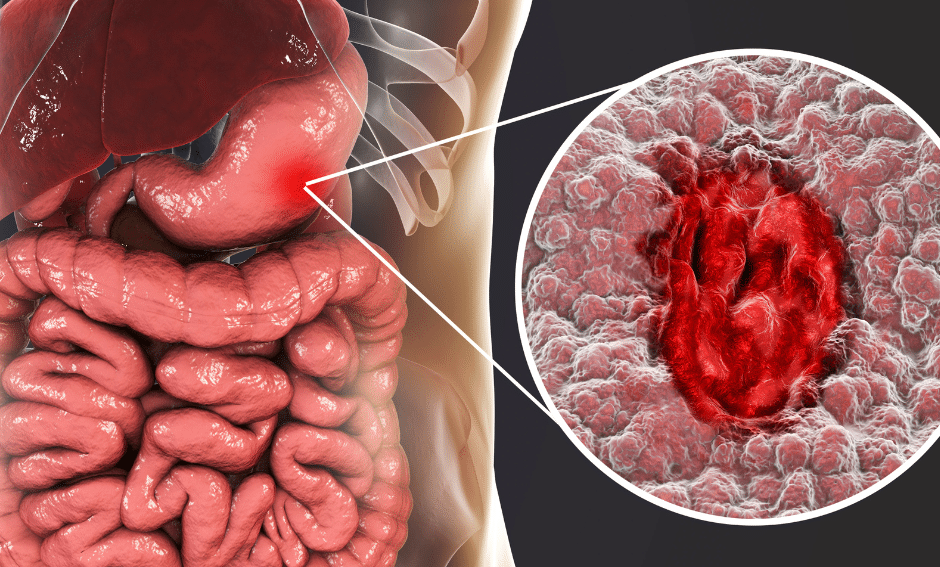
The Advancement of Ulcerative Colitis Treatment Ulcerative colitis (UC) is a chronic inflammatory bowel disease (IBD) that affects the lining of the colon and rectum. Those diagnosed with UC often experience flare-ups that can significantly impact their quality of life. Fortunately, advancements in medical treatment have made managing this condition more achievable. One option is […]

Diverticular disease and diverticulitis are related digestive health conditions that affect the large intestine (colon). With diverticular disease, small, bulging pockets develop on the lining of the colon. When these pockets become inflamed or infected, the condition is called diverticulitis. They are very common – especially after age 40 – and rarely cause problems. At […]
Treatment for Common Gastroenterology Conditions at Digestive Healthcare Center
At Digestive Healthcare Center, we are proud to give those in NJ convenient access to comprehensive gastroenterology care. Our board-certified physicians work with patients to determine the cause of their symptoms and craft a personalized treatment plan to provide relief. To learn more about our gastroenterology tests and procedures in NJ or to schedule an appointment, please contact us today.































